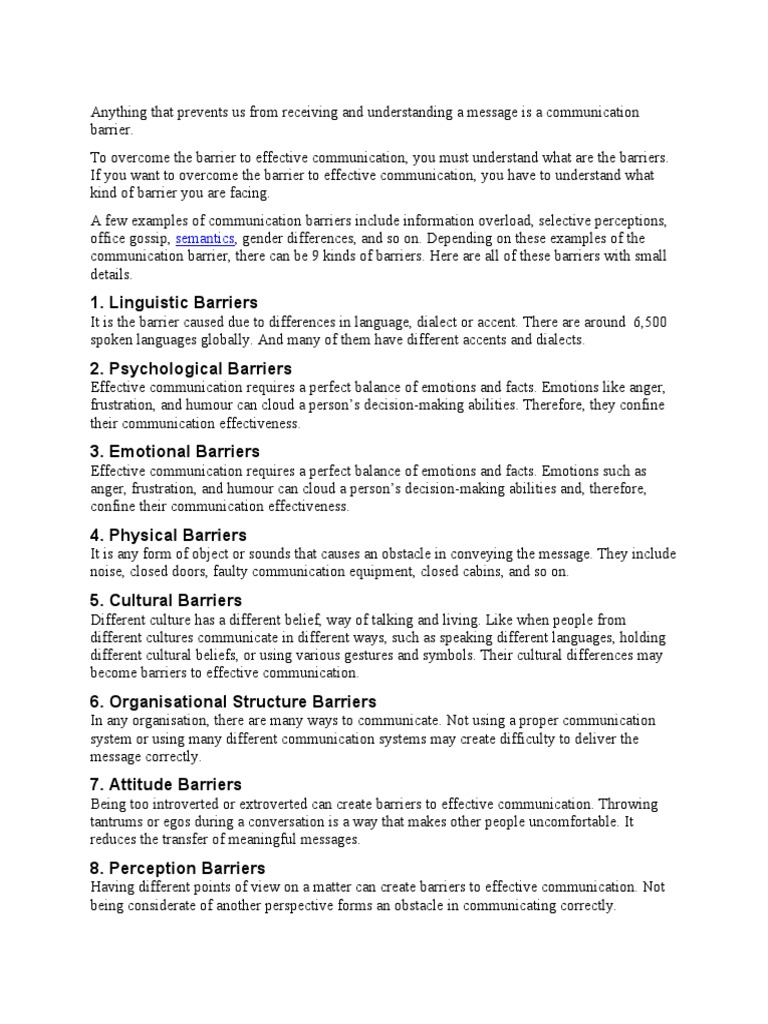In the realm of personal growth and spiritual development, guilt emerges as a profound barrier to transformation. Its pervasive influence acts as a double-edged sword—often perceived as a motivator for change, yet more frequently, it manifests as an immobilizing force that hinders the pursuit of one’s true potential. This intricate psychological phenomenon warrants an exploration through the lens of Bahá’í teachings, which proffer insights into the nature of the soul, the importance of personal agency, and the redemptive potential intrinsic to all human beings.
Guilt, in essence, is a complex emotional response characterized by feelings of remorse or responsibility for an offense, crime, or wrong—real or imagined. Its roots often trace back to societal, familial, and cultural conditioning that defines moral parameters. From a Bahá’í perspective, such conditioning can be scrutinized through the prism of spiritual reality; individuals are inherently noble beings, and guilt can obstruct their manifestation of this inherent nobility. The teachings emphasize the necessity of recognizing one’s divine nature and the potential for redemption, which is often overshadowed by the weight of guilt.
Moreover, the Bahá’í philosophy espouses that humanity is collectively one, a principle that extends to the understanding of individual shortcomings. When guilt compels individuals to recoil from their failures, it fosters a pernicious cycle of isolation and despair. By internalizing guilt, one may inadvertently distance themselves from the spiritual community, thereby undermining the supportive constructs that are essential for personal and collective growth. Bahá’í writings encourage individuals to recognize their Transgressions without succumbing to self-deprecation, thus promoting an ethos of acceptance and forgiveness—both for oneself and towards others.
Guilt often manifests as a psychological anchor, weighing heavily on the conscience and stifling potential. The aforementioned emotional burdens may lead to personal stagnation, as the individual becomes ensnared in a cycle of blame and self-recrimination. Such dynamics are antithetical to the Bahá’í principle of progressive revelation, which highlights the continuity of spiritual growth and the importance of moving beyond past missteps. Embracing one’s innate potential for growth necessitates a shift in perspective—viewing one’s failures not as definitive endpoints but as vital experiences that contribute to the tapestry of one’s journey.
This recognition leads to the notion of moral progression, where individuals are encouraged to cultivate a spirit of inquiry and critical reflection. In so doing, they may begin to disentangle guilt from their identity, allowing for an authentic engagement with the self. The Bahá’í teachings advocate for the pursuit of virtues such as trustworthiness, kindness, and humility, which can foster an environment conducive to healing and transformation. The process of virtue cultivation not only lifts the burdens of guilt but also aligns an individual’s actions with their spiritual aspirations, creating a harmonious existence that transcends the confines of mere existence.
Furthermore, the essence of collective growth in the Bahá’í framework calls for the recognition that each individual’s progress contributes to the whole. When individuals submerge themselves in guilt, they inadvertently deprive the broader community of their unique contributions. The interplay of individual actions and communal health is a salient theme; by liberating oneself from guilt, the individual can engage more fully in efforts that promote communal well-being. Thus, the act of shedding guilt is not merely a personal triumph—it becomes a vehicle for shared advancement.
Exploring the mechanisms by which one can transcend guilt illuminates pathways toward personal and spiritual evolution. A fundamental strategy lies in the conscious practice of self-forgiveness, which entails acknowledging one’s shortcomings without defining the self through them. This process is bolstered by the understanding that, in the Bahá’í framework, every soul is a reflection of the divine. As such, recognizing and accepting imperfections as inherent aspects of the human experience catalyzes personal growth rather than confines it.
Additionally, engaging in community service and acts of kindness can mitigate feelings of guilt. Such endeavors not only provide a constructive outlet for emotional burdens but also demonstrate the principles of unity and solidarity espoused by Bahá’í teachings. Each act of service reinforces the interconnectedness of humanity, fostering a communal spirit that counteracts isolation induced by guilt.
Reflection is also essential in the journey of overcoming guilt. Deep introspection, facilitated by prayer and meditation, allows for the exploration of the root causes of guilt and the recognition of its often irrational foundation. Bahá’í practices encourage individuals to connect with their inner selves and seek guidance from the divine, nurturing a relationship that transcends ephemeral emotions and cultivates resilience and strength.
In summation, guilt serves as a compelling yet limiting emotion that can obstruct the path of personal and spiritual development. Its complex interaction with individual identity and community dynamics emphasizes the need for a transformative approach grounded in the Bahá’í teachings. By embracing a perspective that values self-forgiveness, communal engagement, and reflective practice, individuals can mitigate the burdens of guilt, allowing for genuine growth and the expression of their true nature as divine beings. As the transformative journey unfolds, it catalyzes not just personal evolution but also contributes to the flourishing of the larger community, embodying the principle of oneness that lies at the heart of Bahá’í philosophy.
